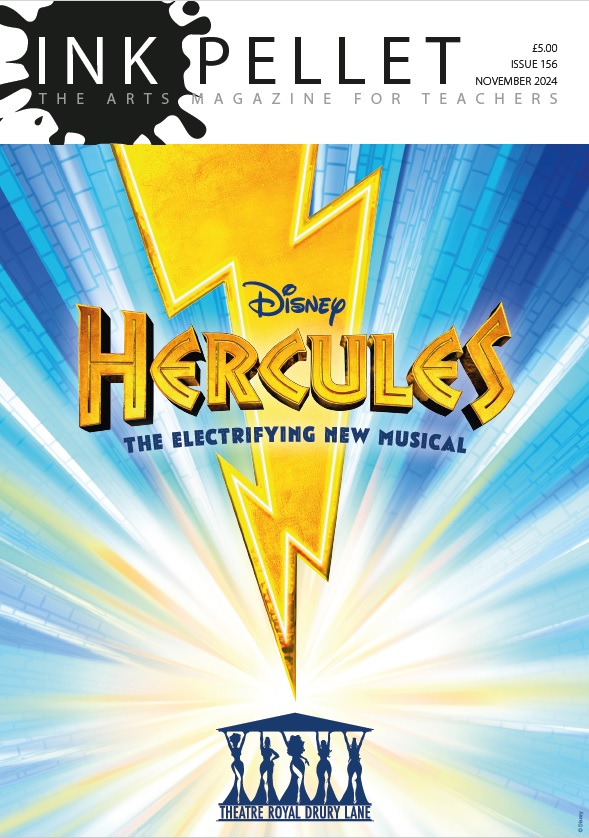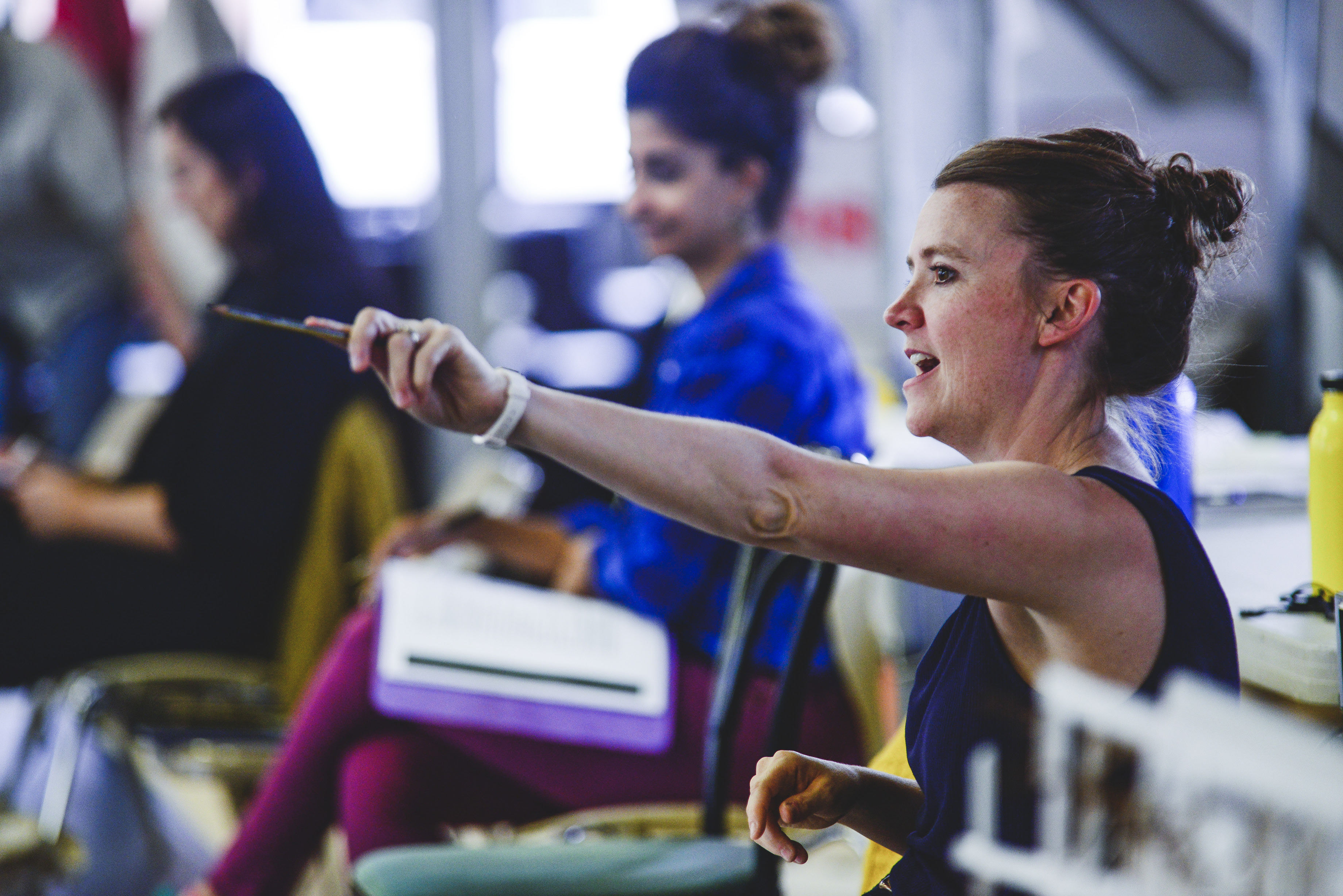Susan Elkin chats to Amy Leach, associate director, about the casting of a female lead and ensuring a contemporary production.
Leeds Playhouse is presenting an innovative, contemporary version of Hamlet this term. Directed by Amy Leach, it will feature a female Hamlet: Tessa Parr. And she’s to be all woman, rather than an actress pretending to be a young man. That means the relationship with Ophelia is a same sex one, which will add thoughtful new nuances to the text.
“Hamlet is part of the royal family trying to make sense of her situation” says Amy Leach who was appointed associate director at LPH in 2017. “Just imagine how our present royal family might react if one of the younger generation – The Duke of Cambridge, second in line to the throne, for example – turned out to be gay. It’s all about grappling for identity and very pertinent to 2019.”
“I’ve wanted to do this for years” says Amy, who has also cast women as Polonius and Horatio for this production. “I played Hamlet myself in the youth theatre at Bolton Octagon so in my mind Hamlet has always been a young woman. Tessa will be terrific. She brings all the skills of a mature actor, but she is very spirited and light and can play much younger than she actually is. She did a wonderful Juliet here for us last year.”
Last year, Amy and her team cast female actors as Mercutio and as Friar Lawrence in Romeo and Juliet which she directed. “It was super powerful because so many interesting things emerged from the play as we rehearsed it” she says.
This is the fourth year that LPH has produced a Shakespeare play in which professional actors work with the youth company. “This year we have a professional ensemble of nine plus two teams of seven (fourteen in total) young company actors”. This is a slightly smaller scale show than last year’s Romeo and Juliet which featured twelve professionals and 31 young actors.
“That is because we have to work round LPH’s current redevelopment and fit this show into our temporary space” explains Amy. “We closed our main doors in June and will re-open in autumn 2019 so it’s an interesting year.”
Built thirty years ago and now looking, as Amy puts it, “a bit tired” the former West Yorkshire Playhouse faces away from the city. The original concept was that it should look neither grand nor intimidating. It is now getting a full facelift including a new welcoming, city-facing entrance, a studio theatre to extend its reach and much improved access for wheelchair users and others with special needs. It seems now to be a question of both a new name and a new stage in the theatre’s life.
“Meanwhile shows, including Hamlet, are being staged in the 350 seat interim theatre which is in our workshop space” explains Amy.
So how do you deal with the obviously “male” elements in Hamlet, such as the violence? “You have to assess it and find ways of making it real with women at the centre” says Amy, clearly relishing the challenge. I tease her about the dramatic fencing scenes at the end of the play. “Oh the fencing will stay” she says firmly.
Other issues have emerged as Amy has worked on, and researched, the play. “In Scandinavia – and of course that’s where Shakespeare set this play after all – they still have conscription for both men and women at 18, which suddenly makes sense of our young cast in combat gear”.
Then there are the timeless elements. “Self-obsessed Claudius is in a self-serving bubble of dictatorship” she observes, leaving me to work out the 2019 parallel which is not hard. “Suddenly the context and the fighting make sense.”
At the time of my conversation with her, Amy had just come from casting Hamlet. “As director you can make outline decisions about what you want to do with the play, but you don’t necessarily realise how it’s going to work until you get into auditions” she says. You simply have to make the finest theatre you possibly can with the ensemble you’re working with and find ways of helping them to give their very best. But above all, however it eventually comes together with the cast we’ve chosen, it’s a story which needs to be told and it’s essential that it’s topical.
Hamlet goes into rehearsal at the end of January and runs at Leeds Playhouse from 1-30 March 2019. www.leedsplayhouse.org.uk



